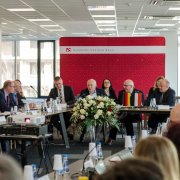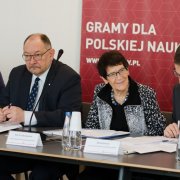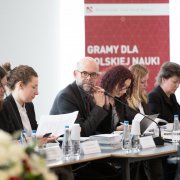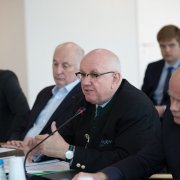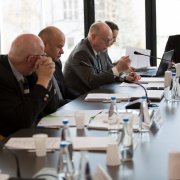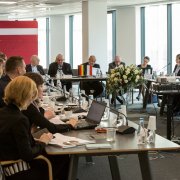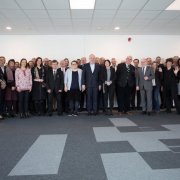Expanded OPUS call formula
Following a detailed analysis of the National Science Centre’s current call portfolio, the NCN Council decided to expand the formula of the OPUS call to include elements of the HARMONIA call. Applicants will still be able to receive funding for research projects conducted without any international partners, but also for those that do involve such cooperation.
Ever since our inception, we have striven to ensure that our basic research funding schemes are optimally suited to the needs and expectations of the research community. Organized since 2011, the HARMONIA call has funded research projects carried out within the framework of international cooperation, provided that they were not co-financed from foreign resources. The idea behind the call was to encourage Polish research teams to collaborate with foreign partners. Over the years, however, as the call portfolio steadily expanded and the NCN joined a number of international initiatives and programmes conducted within the framework of bilateral and multilateral cooperation, the rationale for the HARMONIA call has considerably weakened. Research teams may have their international research projects funded under other schemes, including bilateral and multilateral calls, as well as the OPUS call.
With this in mind, the NCN Council decided to expand the formula of the OPUS call and allow its funds to go toward research projects that have until now been funded under the HARMONIA call. Starting from the September edition, researchers, regardless of the stage of their research careers, will be able to apply with projects conducted within the framework of direct international cooperation with a partner or partners from a foreign research institution, within bilateral or multilateral international programmes or initiatives or projects conducted by Polish teams with the use of large international research equipment. In their proposal, applicants will be required to supply information on the proposed international collaboration and describe its expected benefits.
A special advantage of the OPUS call is that it allows projects that require the purchase of up to 500 thousand PLN in research equipment to be funded, which was not possible under the HARMONIA scheme. In addition, OPUS gives researchers greater leeway to construct their teams. Principal investigators may take their salaries from project resources and hire teams composed of persons with doctoral degrees, students and doctoral candidates, as well as partners from foreign research institutions. The scheme also provides funding for project-related foreign travel, covers the expenses related to foreign partners' stay in Poland, as well as other visits, consultations and conference travel costs.

